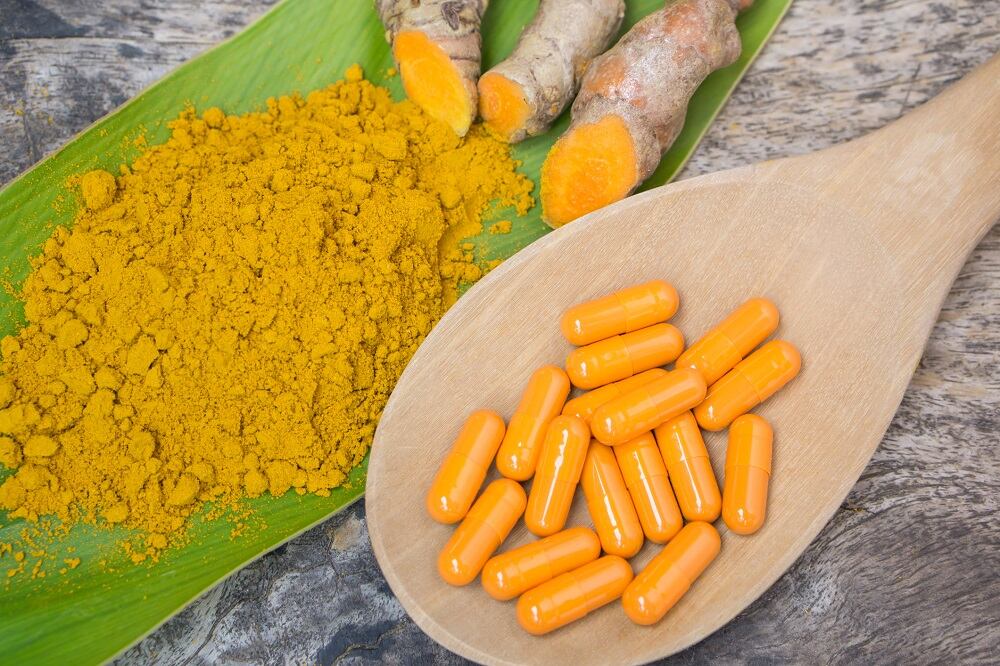Scientists from Iran report that 500 mg per day of curcumin (standardized turmeric extract 95%) for 10 weeks led to “substantial” reductions in markers of inflammation, including high‐sensitivity C‐reactive protein (hs‐CRP) and interleukin 6 (IL‐6).
In addition, the scientists also reported improvements in markers of oxidative stress, including total antioxidant capacity (TAC) and levels of malondialdehyde (MDA) in the obese girls.
“Childhood and adolescent obesity and its related complications including chronic low‐grade inflammation and higher oxidative stress are one of the main health problems,” they explained in Phytotherapy Research. “Therefore, possible strategies that might control obesity and its relevant problems in this crucial group are of utmost importance.
“The results of this study showed that curcumin supplementation can improve inflammation and oxidative stress, and this safe phytochemical can be used as an effective therapeutic approach in this group.”
Curcumin and turmeric
The study adds to the ever-growing body of science supporting the potential health benefits of turmeric and curcumin.
The ingredient is experiencing blockbuster growth in some markets, most notably the US. According to the 2017 Herb Market Report published by the American Botanical Council (HerbalGram 119), turmeric is the number one selling herb in the natural channel, with $50.3 million (12% growth year-over-year). It is number five in the mass channel (MULO) with $32.5 million in sales (48% growth y-o-y).
Study details
For the new study, the researchers recruited 60 overweight and obese adolescent girls (aged between 13 and 18). The girls were randomly assigned to receive daily curcumin supplements or placebo in addition to a “slight” weight loss diet (one lb of weight loss per month).
Results showed that curcumin supplementation led to improvements in markers of inflammation and oxidative stress, compared to placebo.
“This is the first time that the effects of curcumin supplementation were assessed on anthropometric measurements, inflammation, oxidative stress, and chemerin concentrations in postpubescent overweight and obese girl adolescents in a developing country,” wrote the researchers.
“[T]here is still a strong need to perform more studies to elucidate the net effects of curcumin supplementation at this important target group,” they added.
“It should be taken into account that the composition of herbal medicinal products and their quality and efficacy depend on several factors including inherent variability and their phytochemical composition, starting materials, plant growth conditions, drying method, storage status, and consumed extraction solvents.”
Source: Phytotherapy Research
Published online ahead of print, doi: 10.1002/ptr.6370
“Effects of curcumin supplementation on markers of inflammation and oxidative stress among healthy overweight and obese girl adolescents: A randomized placebo‐controlled clinical trial”
Authors: S. Saraf‐Bank et al.


